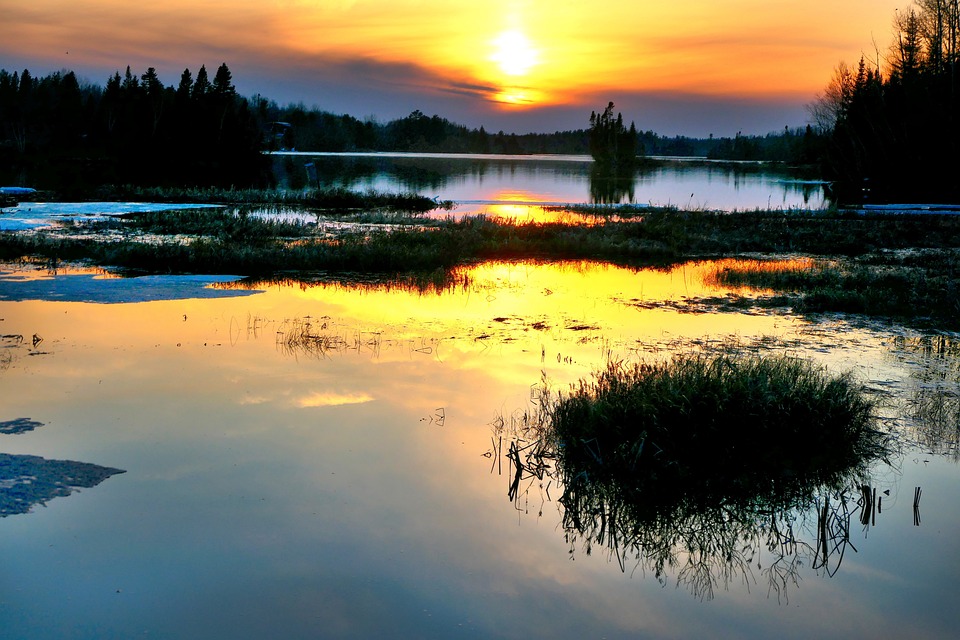What Is the Case Against Clean Energy?
Clean energy is widely recognized as a vital component of global strategies to mitigate climate change and reduce greenhouse gas emissions. However, despite its numerous benefits, there are substantial criticisms and concerns regarding its implementation. This overview explores the key arguments against clean energy, focusing on economic implications, reliability issues, environmental impacts, and social justice considerations.
1. Economic Arguments Against Clean Energy
#
A. High Upfront Costs
The transition to renewable energy sources such as solar and wind requires considerable initial investment in infrastructure. Critics highlight that these high upfront costs can lead to increased taxes or higher energy bills for consumers, particularly in areas lacking sufficient subsidies or incentives. For instance, the cost of setting up solar panels or wind turbines can be prohibitive, especially for low-income households[1][6].
#
B. Impact on Jobs in Traditional Energy Sectors
The shift towards clean energy can result in significant job losses within traditional energy sectors like coal and oil. Communities reliant on these industries may experience economic hardship without adequate support for job retraining or economic diversification. Critics argue that clean energy policies must incorporate strategies to assist those affected by this transition to prevent further socioeconomic disparities[2][4].
2. Reliability and Intermittency Concerns
#
A. Intermittency of Solar and Wind
Solar and wind energy production is inherently variable, dependent on weather conditions and time of day. This intermittency poses challenges for maintaining a consistent energy supply, particularly during peak demand periods or adverse weather events. Critics assert that without reliable energy storage solutions or backup systems, clean energy cannot adequately support the grid’s needs[1][9].
#
B. Need for Energy Storage Solutions
While advancements in battery technology are underway, current large-scale storage solutions remain costly and limited in capacity. The lack of efficient storage options means that when renewable generation is low, reliance on fossil fuels as backup continues, undermining the argument for renewables as a standalone solution[5][9].
3. Environmental and Land Use Impacts
#
A. Land and Habitat Disruption
The installation of renewable energy facilities often requires substantial land use, which can disrupt local ecosystems and wildlife habitats. Critics argue that the environmental advantages of clean energy must be balanced against potential biodiversity losses, especially in sensitive ecological areas[3][4].
#
B. Resource-Intensive Manufacturing and Waste
The production of renewable energy technologies involves extracting materials like lithium and cobalt, which can have detrimental environmental effects due to mining practices. Furthermore, the recycling of solar panels and batteries is still developing, raising concerns about waste management and long-term sustainability[3][6].
4. Energy Transition and Grid Stability
#
A. Challenges of Integrating Renewables into the Existing Grid
Transitioning to a renewable-based grid necessitates significant upgrades to existing electrical infrastructure originally designed for fossil fuel power generation. Critics point out that this transition could be complex and costly, potentially leading to disruptions if not managed properly[1][5].
#
B. Dependence on Non-Renewable Backup Power
Many renewable systems currently rely on natural gas or coal as backup sources when renewable output is insufficient. This reliance raises questions about the effectiveness of renewables in achieving climate goals if they continue to depend on fossil fuels during periods of low generation[5][9].
5. Economic and Social Justice Considerations
– Affordability for Low-Income Households: The costs associated with transitioning to clean energy may disproportionately affect low-income households already struggling with high energy expenses.
– Global Supply Chain and Ethical Concerns: The extraction processes for materials used in renewable technologies often involve labor exploitation and environmental degradation in countries with lax regulations, raising ethical questions about the sustainability of clean energy sources[4][7].
FAQs
– Why is clean energy considered unreliable by some? Clean energy sources like solar and wind are intermittent, making it challenging to provide a consistent power supply without adequate storage solutions.
– What environmental impacts does renewable energy have? Renewable installations can disrupt local ecosystems, require significant land use, and involve resource-intensive manufacturing processes.
– Are there economic downsides to clean energy? High upfront costs can burden consumers, particularly low-income households, while job losses in traditional sectors pose economic challenges.
– How does clean energy affect existing energy jobs? The transition may lead to job losses in fossil fuel industries without sufficient retraining programs for affected workers.
– What are the challenges of transitioning the grid to clean energy? Upgrading infrastructure for renewables is complex and costly, with potential reliability issues if not managed effectively.
Conclusion
While clean energy is essential for combating climate change, it faces significant challenges related to economic feasibility, reliability, environmental impacts, and social equity. Addressing these concerns through balanced policies, technological advancements, and inclusive strategies will be crucial for ensuring a sustainable transition to a cleaner energy future.

Kyle Whyte is a notable scholar and professor at the University of Michigan, holding positions such as the George Willis Pack Professor in the School for Environment and Sustainability and Professor of Philosophy. Specializing in environmental justice, his work critically examines climate policy and Indigenous peoples’ ethics, emphasizing the nexus between cooperative scientific endeavors and Indigenous justice. As an enrolled Citizen Potawatomi Nation member, he brings a vital perspective to his roles as a U.S. Science Envoy and member of the White House Environmental Justice Advisory Council. His influential research is supported by various prestigious organizations including the National Science Foundation, and disseminated through publications in high-impact journals. Kyle actively contributes to global Indigenous research methodologies and education, with affiliations to numerous institutes and societies dedicated to traditional knowledge and sustainability. Recognized for his academic and community engagement, Kyle has earned multiple awards and served in various visiting professorships. His efforts extend to leadership positions on boards and committees focused on environmental justice nationwide.
